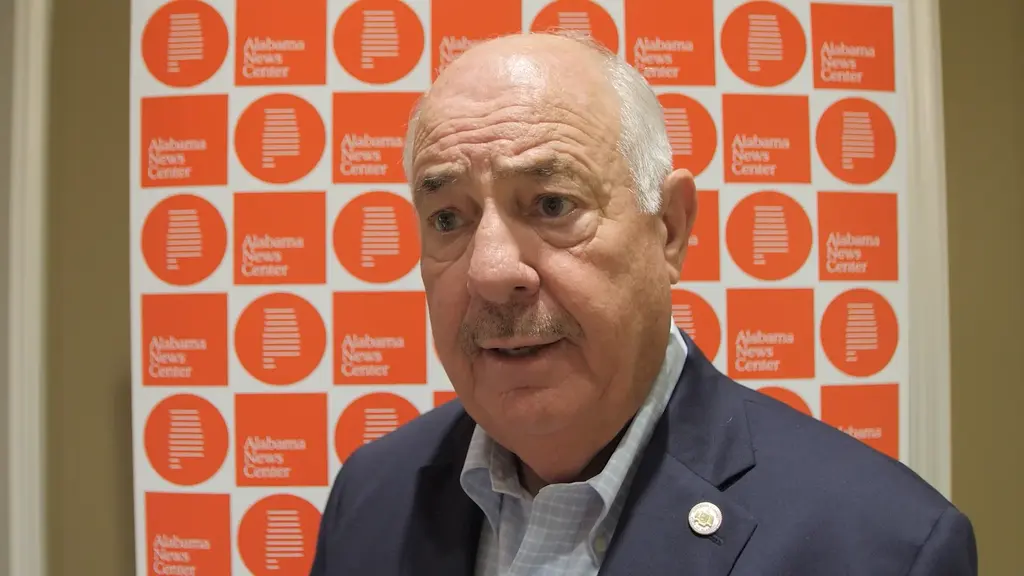Alabama, Florida Propose Making RDOF Locations BEAD-Eligible
There are concerns about RDOF's possible lack of impact in areas of their states.
Jericho Casper

WASHINGTON, January 8, 2024 – Alabama and Florida have included provisions in their draft plans for the Broadband, Equity, Access, and Deployment program that, if approved, would allow areas earmarked for money from the Rural Digital Opportunity Fund to qualify for funding from BEAD, citing concerns over future changes in the number of locations RDOF will serve.
Alabama’s state broadband office seeks the exemption due to ambiguity surrounding a planned reassessment of eligible areas at the six-year mark of the Federal Communications Commission’s RDOF program, which will revise service area location totals, altering how many homes will be served under the program more than halfway through project deployments.
If approved, this exemption would enable the designation of Alabama’s RDOF service areas as underserved, thereby qualifying them for BEAD funding in the state. This request was articulated in a waiver request signed by the Alabama Department of Economic and Community Affairs Director Kenneth Boswell addressed to the National Telecommunications and Information Administration, the government agency responsible for overseeing BEAD.
Similarly anticipating variations in RDOF service areas, Florida’s BEAD draft plans outline a motion that would set aside funds within BEAD for currently designated RDOF areas. If approved, Florida’s strategy would necessitate reserving funds to distribute late in the BEAD process if RDOF service locations change and the affected addresses are released from the program.
In December, it was announced that nearly one-third of the money awarded through Phase I of RDOF had been defaulted on at the conclusion of the long-form authorization process, which may have lent to the state’s concerns over these projects coming to full fruition.
The Alabama state office explicitly points out several concerns with RDOF in its waiver request, including its significantly longer timeline compared to BEAD deployment by two to four years. State officials say RDOF’s longer timeline might uncover instances where an RDOF grant recipient defaults or doesn’t completely meet its deployment requirements until long after the BEAD funding deadlines have passed.
The letter further cites concerns with difficulty in identifying and confirming locations tied to RDOF commitments, and the aforementioned potential fluctuations in the number of covered locations, which will not be completely finalized until the FCC’s final authorization process at RDOF’s six-year mark.
The letter expresses concern that the FCC lacks a process to reallocate or re-bid areas affected by default or revision, stating it could result in “fragmented and isolated pockets of unserved households and businesses that will not attract sufficient private investment for future broadband improvements.”
Both Alabama and Florida are requesting a partial waiver of a program rule that requires state broadband offices to exclude “any location that is already subject to an enforceable federal, state, or local commitment to deploy qualifying broadband” from BEAD-eligible funding.
The NTIA’s Notice of Funding Opportunity considers this and on page 37 states that the Assistant Secretary has the discretion to exempt locations with pre-existing commitments upon request, if the eligible entity successfully proves that it is essential to achieving the BEAD program’s objectives.
The RDOF initiative aims to serve 149,381 locations in Alabama with projects led by sixteen different internet service providers. In Florida, 103,036 locations are slated to benefit from $152 million in awards distributed among seven providers. Virtually all these providers aim to establish low latency networks equipped with Gigabit-speed technology.
The push for widespread connectivity has led to multiple federal and state initiatives, resulting in parallel efforts and investments in various regions.








